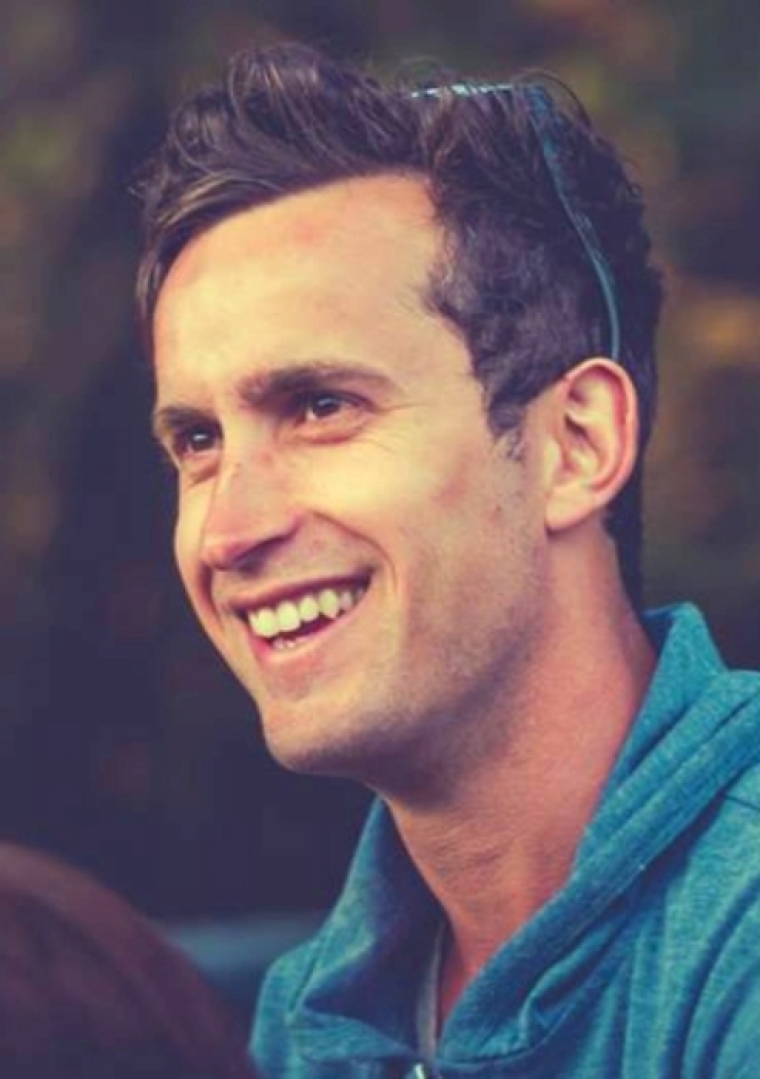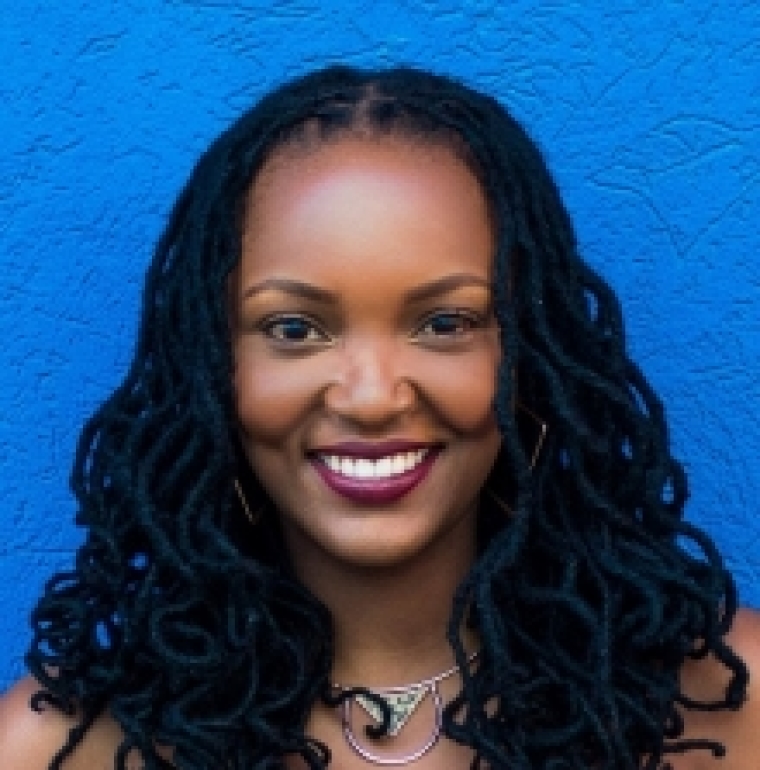

In a western world with so many options we're told to be ourselves, to be driven, to have a goal and a vision for our lives. People ask when you first meet them, 'What do you do?' Sure, it's great to discuss where we're heading, and what our goals for the future are. But are we missing something more? What if there's something fundamentally wrong with asking and worrying about what we do?
Part of this message has merit, but part of it is flawed—it leaves us stranded when things don't go to plan! What happens to the couple who can't have kids, the guy who loses his wife, or the person with depression who falls off the map?
Life throws us plenty of curve balls, and I think it's healthy to ask deeper questions and to look at what else we should be focusing on, other than what's next on the list.
What we all assume
We're all autonomous individuals driven to have dreams and goals, it's bred into our fibre. It's a neurotic world with the focus on self-fulfilment. You can be and do whatever you want; get married, have a family, run your own business, have great friends, travel the world and always have your next goal on the horizon.
Maybe we assume that on the way to our goals we'll become better people as we're faced with trials and our character is tested and sharpened. This should and does take place to a degree! What we do is important, but I have a sneaky feeling that who we are is more important. Maybe it's more important to think about 'who you are', rather than 'what do you do?'
What's the issue?
This mantra of achievement assumes we were all made to fit into certain moulds, certain ways of being human, and many of us may be in danger of losing our true identity. At the cost of sticking with the 'right' job and needing to be seen to be doing the right thing, many people miss out on their deeper calling while pursuing what they think is a vision for their life.
If we're always reaching for the next thing, it simply becomes a carrot on a stick, just out of reach, inches away; we're never satisfied and always hungry.
It's easier to look to something to do, something socially affirming—even demanding—rather than undergo a radical transformation of the mind or heart.
Trajectory
We should be pursuing our true calling, but this calling is not an end in itself; it's more of an overarching direction. You might like to think of it as a trajectory. As long as you're on that trajectory there can be movement; you can change job, move countries and your core trajectory is still moving forward as you look to become a better human.
In the Bible Jesus warns against public prayer, public acts of generosity, and visible fasting in his Sermon on the Mount (Matthew chapter 6, verses 1–18). Today public and visible forms of our 'good deeds' or 'our achievements,' can be seen as possible goals and boxes to tick. I believe what Jesus is really after is for our right hand not to know what our left hand is doing. He wants character to be honed during those treacherous times we avoid talking about, and in those generous deeds we do in secret that no one sees or hears about.
What do you love?
I think the only way to truly satisfy our longing for progression is to progress in three areas; in mind, body and soul. I fear our minds and souls are getting left out. The 'good news' and the radical 'way' of Jesus was also the reason he was crucified, and his example is telling. We shouldn't be motivated by any outside reward or fear of punishment but actually by participating in the Mystery itself, which is happening right now. Carrots are neither needed nor helpful.
Richard Rohr says, 'It is God, who for [God's] own loving purpose, puts both the will and the action into you (see Philippians chapter 2, verse 13). It is not mere rule-following behaviour; it's not what we achieve, but rather our actual identity that is changed. Henceforth, you do things because they are true, not because you have to or you are afraid of punishment. Now you are not so much driven from without (the False Self Method) but you are drawn from within (the True Self Method). The generating motor is inside you now instead of a lure or a threat from outside.'
Life is so much bigger, so much deeper, so much more exciting and thrilling than what we try and understand and put into words. It might sound upside down or inside out, but if we are truly driven from the inside rather than by our achievements, status, fear of punishment or with what's in the bank, then we've started to live in freedom. We're free to live the way God intended.
I don't think I'll ever be truly free or truly me the way God intended until after I die, but I want to start asking those harder questions of people I meet. Instead of asking, 'what do you do?' Or 'what's next?' I want to ask questions like, 'what do you love to do?' And, 'what are you learning about life right now?'
Like the lyrics of an old Switchfoot song I think Jesus is calling us into a new way to be human, and I'm tired of those old lines and the old status quo.
What do you love to do today?
Brad Mills enjoys the outdoors and almost any sport... For a day job he's a journalist who works at the Rhema Media in Auckland New Zealand.
Brad Mill's previous articles may be viewed at www.pressserviceinternational.org/brad-mills.html